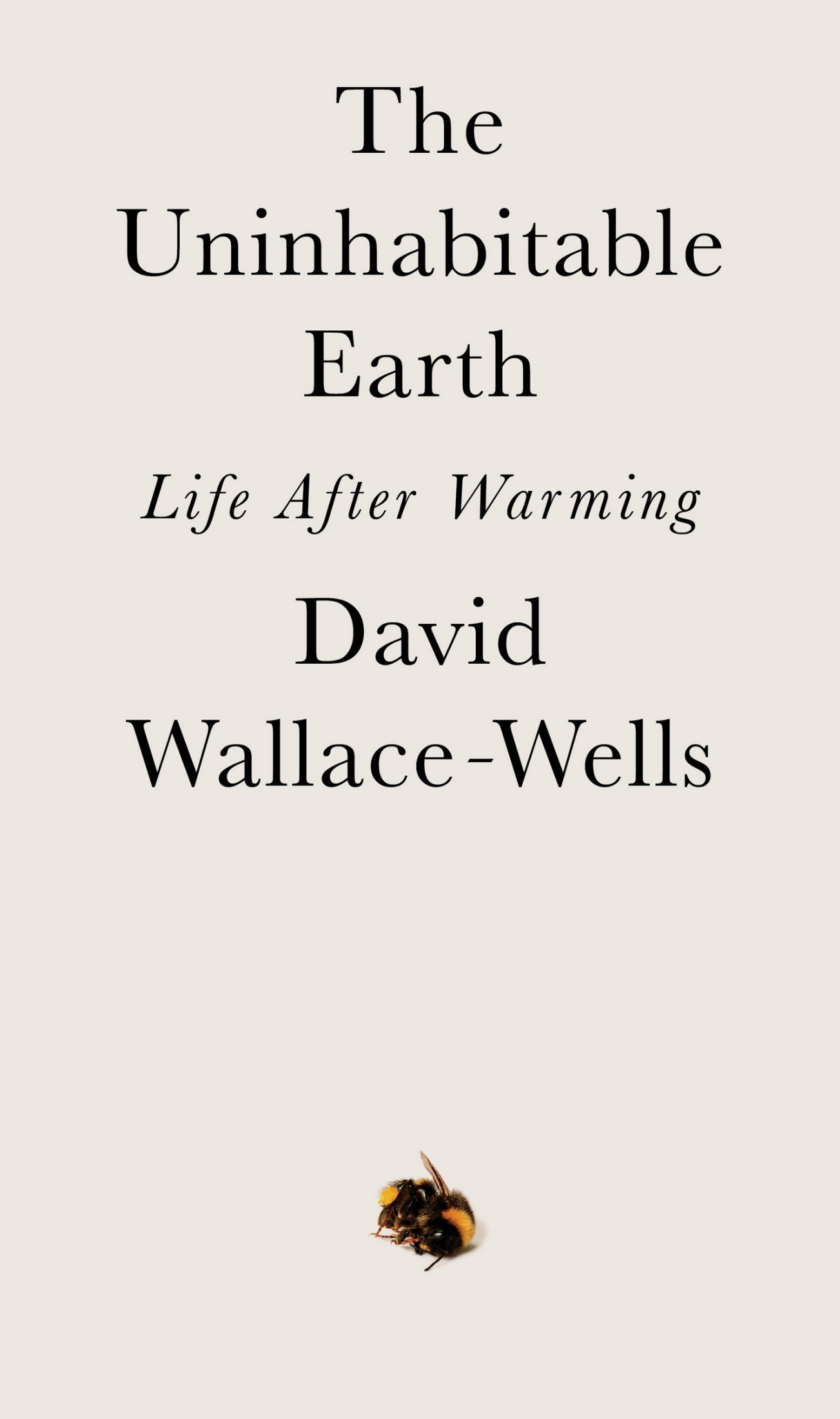
The Uninhabitable Earth
Life After Warming
فرمت کتاب
ebook
تاریخ انتشار
2019
Lexile Score
1370
Reading Level
11-12
نویسنده
David Wallace-Wellsناشر
Crownشابک
9780525576723
کتاب های مرتبط
- اطلاعات
- نقد و بررسی
- دیدگاه کاربران
نقد و بررسی

February 1, 2019
"The threat from climate change is more total than from the bomb. It is also more pervasive." A closely argued look at what may be a turning point in human existence.As New York magazine deputy editor Wallace-Wells observes, almost every major moment of "evolutionary reset" in Earth's history has been precipitated by climate change produced by an overproduction of greenhouse gases--and there is now more carbon in the air than at any point in the last 15 million years, leading him to open, grimly, with the warning, "It is worse, much worse, than you think." So it is, and even if the author allows that we have the tools we need to stop transformative climate change, from carbon taxes to carbon capture and a conversion to renewable energy, we lack anything like the political or economic will to alter our course. The results will be catastrophic, from untold millions of environmental refugees to summers that, even in Scandinavia, will be accompanied by killer heat waves. Wallace-Wells rightly muses over the fact that, for all our devotion to end-of-the-world scenarios in science-fiction books and films, too many of us continue to believe that the scientists warning of these dire matters are "simply crying wolf." Witness the sitting president, who considers himself too smart to believe that the climate is changing and that there's still plenty of time to do something about it. There's not, Wallace-Wells writes, leaving us with only a few alternatives, ranging from the hope that some technological miracle can be ginned up to the darker impulse to "normalize climate suffering at the same pace we accelerate it...forgetting all that we had ever said about the absolute moral unacceptability of the conditions of the world we are passing through in the present tense, and blithely."If you weren't alarmed already, Wallace-Wells sounds the tocsin of toxicity. An urgent, necessary book.
COPYRIGHT(2019) Kirkus Reviews, ALL RIGHTS RESERVED.

March 11, 2019
Wallace-Wells, deputy editor of New York magazine, takes on global warming’s probable apocalyptic consequences in this depressing but must-read account. Wallace-Wells covers well-known threats, such as that rising sea levels will drown low-lying population centers, and alarming secondary effects, including the loss of ice, which, by reducing the Earth’s capacity to reflect heat back into the atmosphere, would only accelerate global warming. Wallace-Wells considers cultural disruptions as well—for example, that rising temperatures could make the hajj to Mecca physically impossible. Wallace-Wells rigorously sources his contentions in detailed endnotes, making clear his gloominess is evidence-based. He also clarifies that his enumeration of calamities may only be the tip of the iceberg, as it is “a portrait of the future only as best it can be painted in the present.” The cumulative effect is oppressive, and his brief references to remaining personally optimistic—because what humanity has done to the planet it can somehow undo—comes across as wishful thinking. At one point, he commends the reader for persisting in reading, observing that each chapter thus far has contained “enough horror to induce a panic attack in even the most optimistic.” This statement stands as an apt summation of this intellectually rigorous, urgent, and often overwhelming look into a dire future.

























دیدگاه کاربران